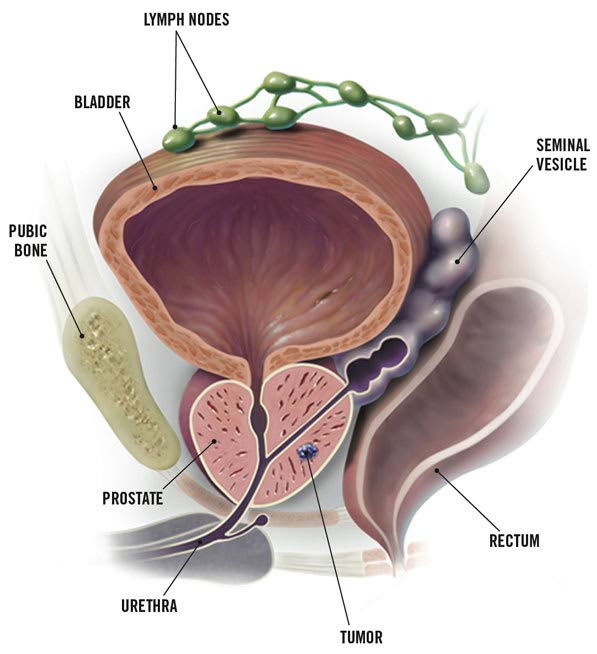Zinc and prostate cancer

THE EDITOR: In a recent letter to the editor, I drew attention to published research which shows that the little-known but critically important nutrient Coenzyme Q10 significantly reduces the risk of breast cancer in women.
Regarding men in TT, published statistics show that prostate cancer is the most commonly diagnosed cancer and the one with the highest mortality rate. The Mayo Clinic in the US indicates that the risk of prostate cancer increases with age and is most common in men over age 50 years. I now highlight published research which shows that the nutrient zinc sharply reduces the risk of prostate cancer in men.
Robert Crayhon’s Nutrition Made Simple says, “Zinc is one of the most important nutrients for immune function, blood sugar balance, and optimal health.” It is a trace element found in many food sources and is critical for a range of human physiological processes.
Many studies have shown that zinc is also essential for a healthy prostate gland. I refer readers to a well-researched online report titled “Importance of zinc in maintaining prostate health.” (https://www.lifeextension.com/magazine/2015/5/new-studies-reveal-importance-of-zinc-in-maintaining-prostate-health)
The article indicates that high levels of zinc in the prostate gland are essential for the suppression of tumour growth and the prevention of cancer in prostate cells. It highlights research which shows that zinc exerts this tumour suppression by switching on apoptosis or programmed cell death such that unwanted cells die and are not allowed to cause damage. The nutrient also “inhibits cell migration and invasion into other tissue, a characteristic that is common in malignant cells.”
In order to acquire this zinc, the article reports that cells in the prostate extract zinc from the blood in greater quantities than other cells in the body and, as a result, healthy prostate tissue contains ten to 15 times more zinc than any other body tissue. These prostate cells are designed to operate in this manner as they possess a special zinc transporter protein that carries out this zinc accumulation function.
Cancerous prostate cells no longer have the ability to accumulate zinc and therefore have substantially reduced concentrations of the nutrient. In fact, a recent systematic review of 14 studies showed that zinc levels in prostate cancer patients was significantly lower than healthy patients. (file:///C:/Users/steph/Downloads/srep25778.pdf)
Now research over more than 40 years has shown that with increasing age, there is decreasing intestinal absorption of zinc from food. The resulting zinc deficiency in the body plausibly explains why the disease is more prevalent in older men and why the chances of getting the disease increase with age. Based on these findings, a logical solution is supplementing with zinc with increasing age.
That zinc supplementation reduces the risk of prostate cancer is supported by several studies. Quoting from the article, in one study, “men who supplemented daily with over 15 mg of zinc had a 66 per cent reduction in the risk of having advanced prostate cancer.” In another study, “higher dietary zinc intake was associated with a 36 per cent reduction in the risk of dying from prostate cancer; the degree of protection was even stronger, a 76 per cent risk reduction in men with localised tumours.”
The article cautioned, however, that “very high levels of zinc intake greater than 100 mg per day for long periods of time (chronic ingestion) may increase the risk of advanced prostate disease.” An intake of between 30-85 mg per day is considered optimal.
The report ends by stating, “Recent epidemiological studies demonstrate that men with higher levels of zinc, from diet or supplements, are protected against advanced prostate cancer. Studies show that measurements of prostate tissue zinc correlate closely with protection from aggressive prostate malignancies.”
I therefore encourage everyone, particularly men, to read the article and discuss the information with your healthcare provider. Let us try to reduce the occurrence of prostate cancer in our country.
STEPHAN GIFT
Professor Emeritus
former pro-vice chancellor
Graduate Studies &
Research, UWI


Comments
"Zinc and prostate cancer"